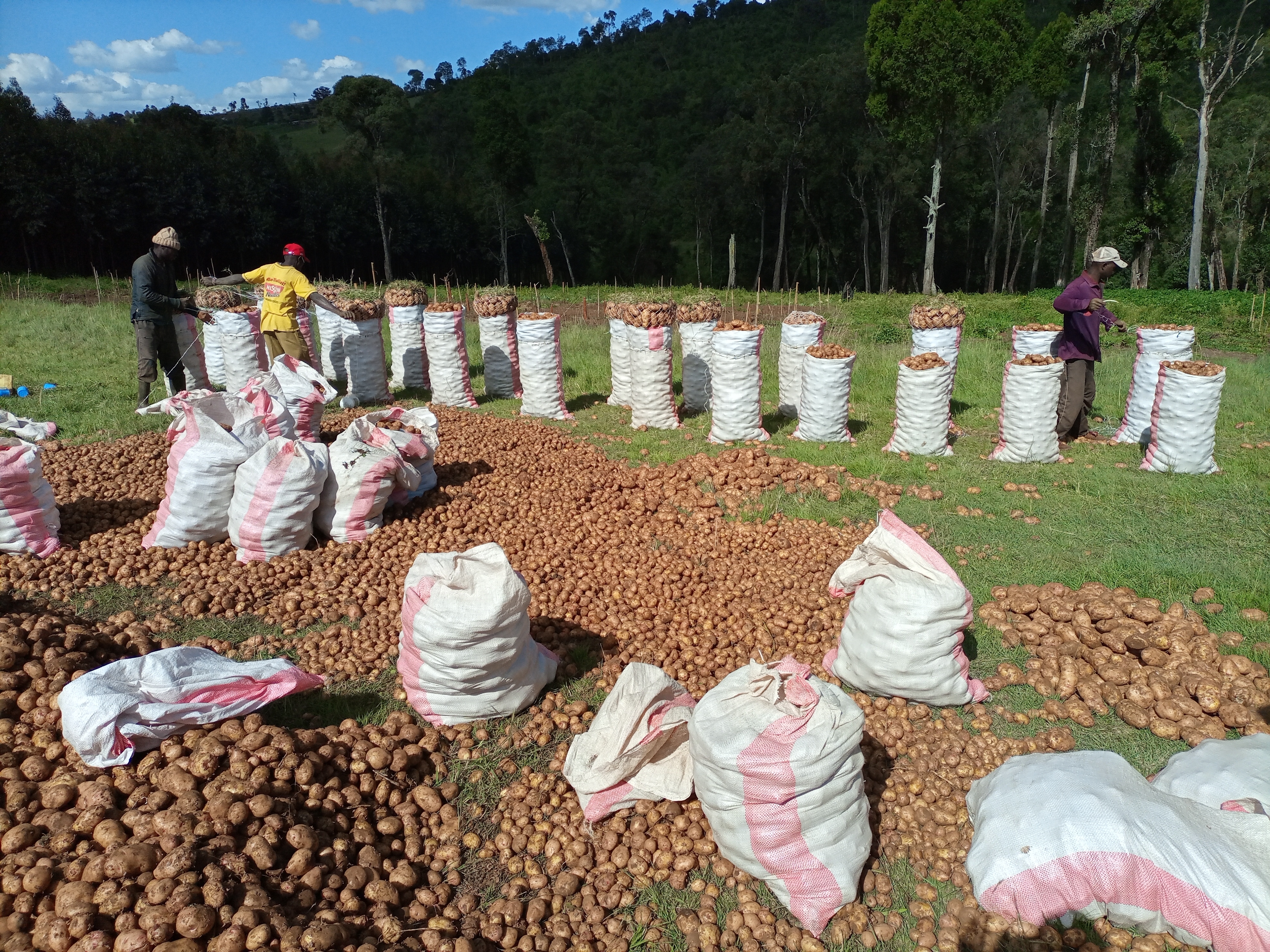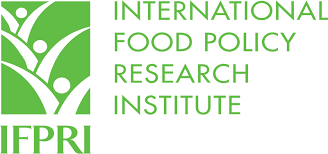Understanding Losses across the Potato Value Chain in Kenya

Researchers are partnering with IPA Kenya and the International Food Policy Research Institute (IFPRI) to measure the extent of food losses in the Irish potato value chain from pre-harvest to post-harvest stages, including the magnitude, nature, and consequences of food losses.
In 2019, the State of Food and Agriculture (SOFA) report indicated that on average 14 percent of food globally was lost post-harvest before reaching retail markets.1 In Kenya, the Irish potato is the second most important food crop after maize.2 Many farmers cultivate it because its maturation period is shorter than that of the maize, which improves households' income and food security. Kenya’s production of Irish potatoes is increasing due to shifting climate patterns and government incentives encouraging farmers to diversify from maize. However, several obstacles, including high rates of post-harvest losses, hinder more efficient and profitable farming.3
Researchers are partnering with IFPRI and IPA Kenya to measure the extent of food losses in the Irish potato value chain from pre-harvest to post-harvest stages, including both quantity loss and quality deterioration. To do so, they will conduct surveys with 500 farmers, 150 intermediaries (agents, traders, and wholesales), and 50 processors in Nakuru and Narok Counties in South-West Kenya—and Nyandarua County, in Central Kenya. Researchers will measure indicators including inputs, harvesting, storage, handling, processing practices, and estimates of quantities, quality, and production costs as the potato progresses along the value chain.
Results will be available in 2024.
Sources
1 FAO, 2019. “The State of Food and Agriculture 2019: Moving Forward on Food Loss and Waste Reduction.” www.fao.org/3/CA6030EN/CA6030EN.pdf.
2 Kaguongo, Wachira, Gladys Maingi, and Sigrid Giencke. 2014. “Post-Harvest Losses in Potato Value
Chains in Kenya: Analysis and Recommendations for Reduction Strategies.” Deutsche
Gesellschaft für Internationale Zusammenarbeit (GIZ) GmbH.
3 Schulte-Geldermann, Elmar. 2013. “Tackling Low Potato Yields in Eastern Africa: An Overview of Constraints and Potential Strategies.” CGIAR; Kaguongo, Wachira, Gladys Maingi, and Sigrid Giencke. 2014. ”Post-Harvest Losses in Potato Value Chains in Kenya: Analysis and Recommendations for Reduction Strategies”. Deutsche Gesellschaft für Internationale Zusammenarbeit (GIZ) GmbH.
Research Partner













